Algeria: A Giant on the North African Coast
Related Articles: Algeria: A Giant on the North African Coast
Introduction
With great pleasure, we will explore the intriguing topic related to Algeria: A Giant on the North African Coast. Let’s weave interesting information and offer fresh perspectives to the readers.
Table of Content
Algeria: A Giant on the North African Coast
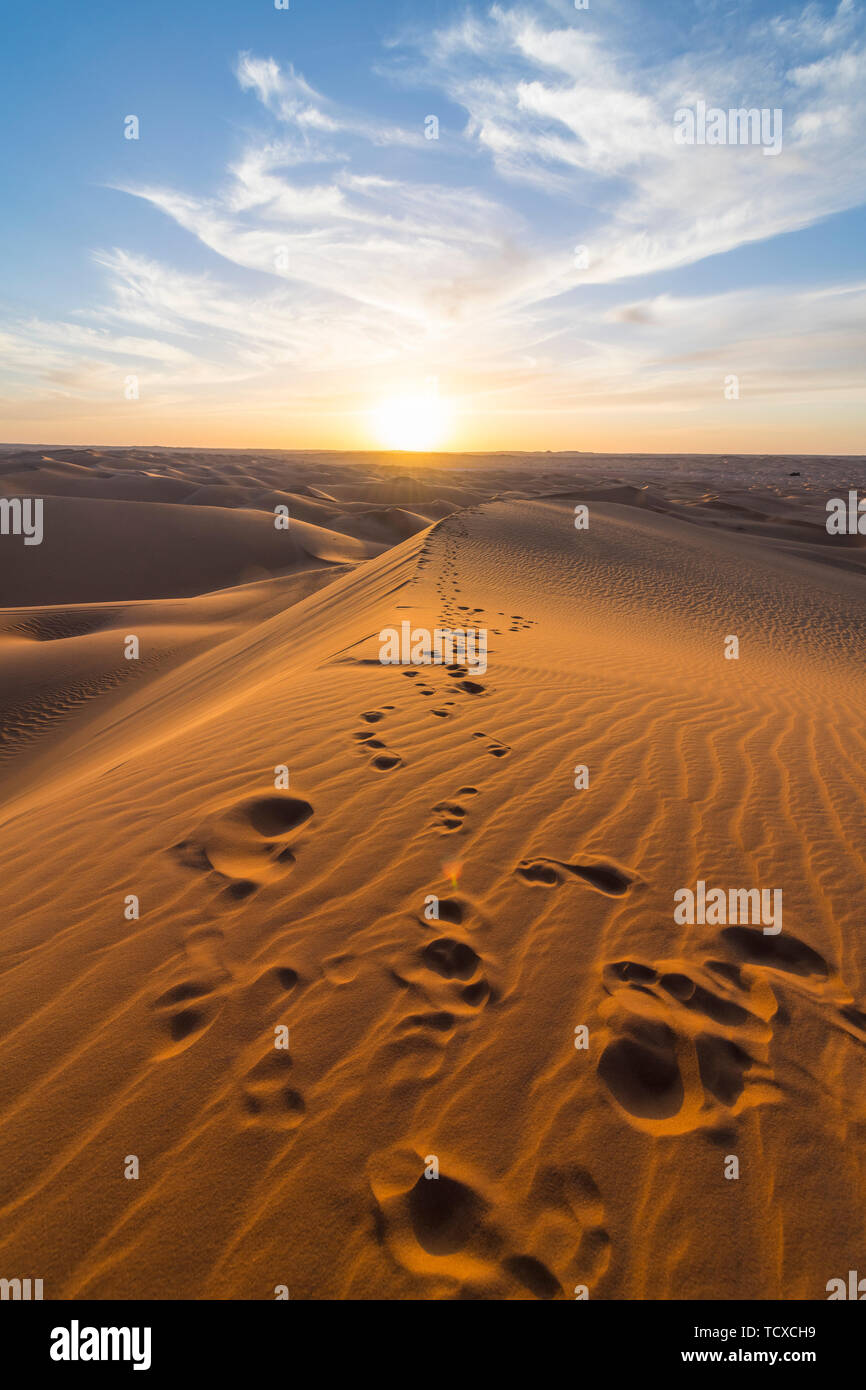
Algeria, the largest country in Africa by land area, occupies a prominent position on the continent’s northern coast. Its vast expanse stretches from the Mediterranean Sea in the north to the Sahara Desert in the south, encompassing diverse landscapes and a rich history. Understanding Algeria’s geographical location on the map of Africa is crucial for comprehending its unique cultural, economic, and geopolitical significance.
A Geographical Overview
Algeria’s geographic position is characterized by its:
- Coastal Location: Bordering the Mediterranean Sea, Algeria enjoys a long coastline, facilitating trade and maritime activities. This coastline is particularly important for the country’s economy, with ports like Algiers, Oran, and Annaba serving as crucial hubs for international trade.
- Desert Dominance: The Sahara Desert, the largest hot desert in the world, covers a significant portion of Algeria’s territory. While challenging for agriculture and settlement, the desert holds immense potential for mineral resources, renewable energy, and tourism.
- Mountain Ranges: The Atlas Mountains, a major mountain range that stretches across North Africa, traverse Algeria from east to west. These mountains are home to diverse ecosystems, including forests, grasslands, and alpine environments, and provide a source of water and mineral resources.
- Bordering Nations: Algeria shares borders with six countries: Morocco, Western Sahara, Mauritania, Mali, Niger, and Libya. This strategic location has influenced Algeria’s historical development and its current geopolitical relationships.
Historical and Cultural Significance
Algeria’s geographical location has played a crucial role in shaping its history and culture.
- Ancient Crossroads: Situated at the crossroads of trade routes connecting North Africa to Europe and Asia, Algeria has witnessed the rise and fall of numerous civilizations. Phoenician, Roman, and Arab influences are evident in its archaeological sites, architectural styles, and cultural traditions.
- French Colonialism: During the 19th and 20th centuries, Algeria was a French colony, leading to significant cultural and linguistic influences. This period also witnessed the emergence of a strong nationalist movement, culminating in Algeria’s independence in 1962.
- Cultural Diversity: Despite its predominantly Arab-Berber population, Algeria exhibits a rich cultural diversity, influenced by its historical interactions with various civilizations. This diversity is reflected in its languages, music, cuisine, and artistic traditions.
Economic Potential and Challenges
Algeria’s vast resources and strategic location present both opportunities and challenges for its economic development.
- Energy Resources: Algeria is a major producer of oil and natural gas, which contribute significantly to its GDP. However, the country faces challenges in diversifying its economy and reducing its dependence on these resources.
- Agriculture: Despite the dominance of the Sahara Desert, Algeria possesses fertile areas suitable for agriculture. However, challenges like water scarcity, desertification, and climate change hinder agricultural productivity.
- Tourism: Algeria’s diverse landscapes, rich history, and cultural heritage offer significant potential for tourism development. However, infrastructure limitations and security concerns pose challenges to attracting foreign tourists.
Geopolitical Importance
Algeria’s location and resources have made it a key player in regional and international politics.
- Regional Stability: Algeria plays a crucial role in maintaining stability in North Africa, mediating conflicts and promoting dialogue between neighboring countries.
- International Relations: Algeria has established strong relationships with various countries, including those in Europe, the Middle East, and Asia, leveraging its geopolitical position to foster economic and political cooperation.
- Security Concerns: Algeria faces challenges related to terrorism, extremism, and cross-border security threats, requiring strong security measures and international collaboration.
FAQs about Algeria’s Geographic Location
Q: What is the capital of Algeria?
A: The capital of Algeria is Algiers, a bustling port city located on the Mediterranean coast.
Q: What are the main languages spoken in Algeria?
A: The official language of Algeria is Arabic. However, Berber languages, including Tamazight and Kabyle, are also widely spoken, particularly in rural areas. French is also commonly used in business and government circles.
Q: What are some of the major cities in Algeria?
A: Apart from Algiers, other major cities in Algeria include Oran, Constantine, Annaba, and Blida. These cities serve as important economic, cultural, and administrative centers.
Q: What are some of the major tourist attractions in Algeria?
A: Algeria offers a variety of tourist attractions, including ancient ruins like Timgad and Djemila, the picturesque mountain landscapes of the Atlas Mountains, and the vast expanse of the Sahara Desert.
Q: What are some of the challenges facing Algeria’s economy?
A: Algeria faces challenges such as dependence on oil and gas exports, high unemployment, and limited access to water resources. The country is also working to diversify its economy and attract foreign investment.
Tips for Traveling to Algeria
- Obtain a Visa: Most visitors require a visa to enter Algeria. It is advisable to apply for a visa well in advance of your trip.
- Respect Local Customs: Algeria has a rich and diverse culture. It is important to be respectful of local customs and traditions, particularly when visiting religious sites.
- Learn Some Basic Arabic: While French is widely spoken, learning a few basic Arabic phrases can enhance your travel experience.
- Be Aware of Security Concerns: Algeria has experienced security challenges in the past. It is important to stay informed about the latest security advisories and take necessary precautions.
Conclusion
Algeria’s unique geographical location on the map of Africa has shaped its history, culture, and economy. Its vast territory, diverse landscapes, and strategic position have made it a key player in regional and international affairs. Understanding Algeria’s geographic context is essential for appreciating its rich heritage, navigating its complex challenges, and recognizing its potential for future growth and development.
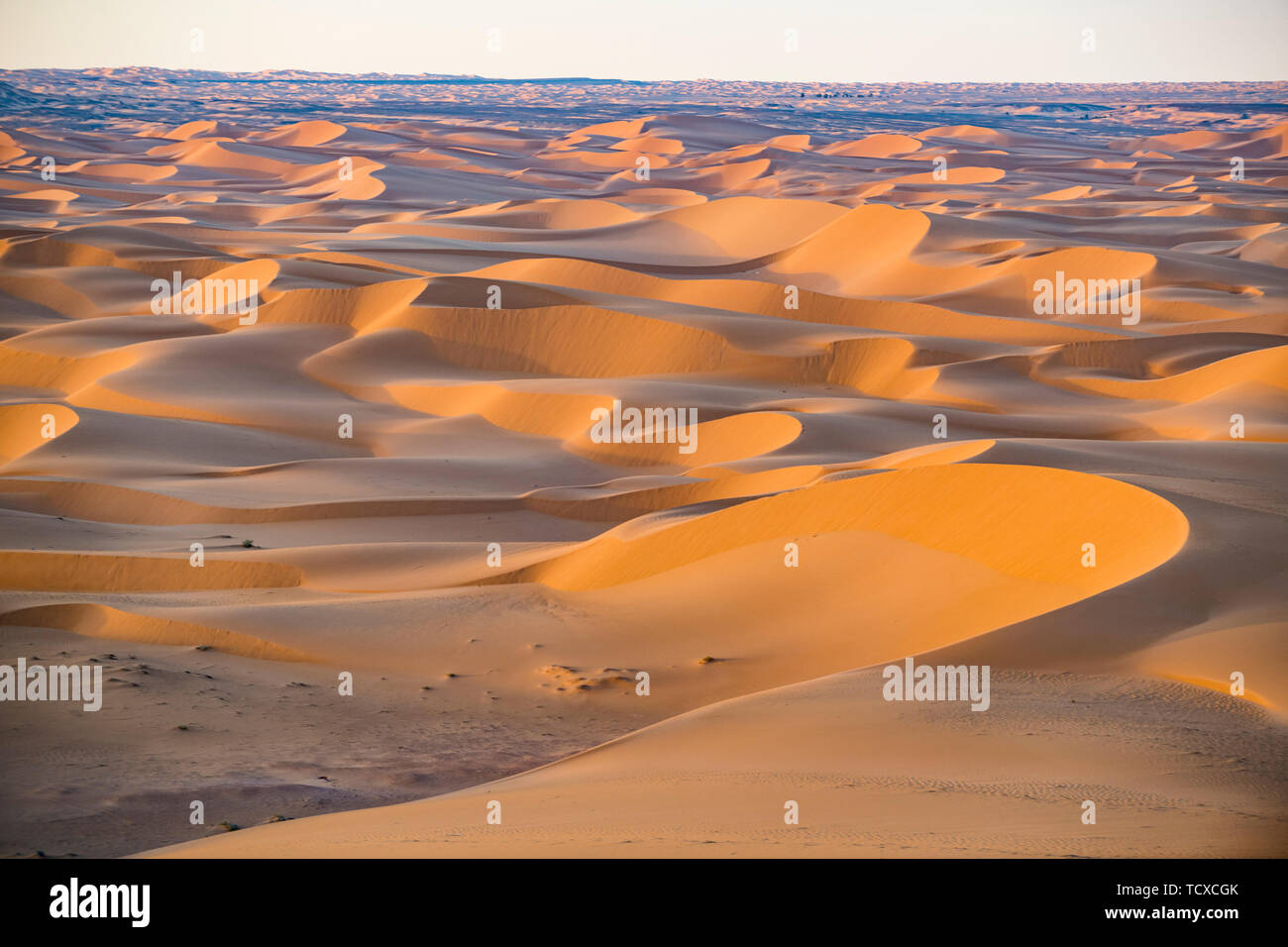
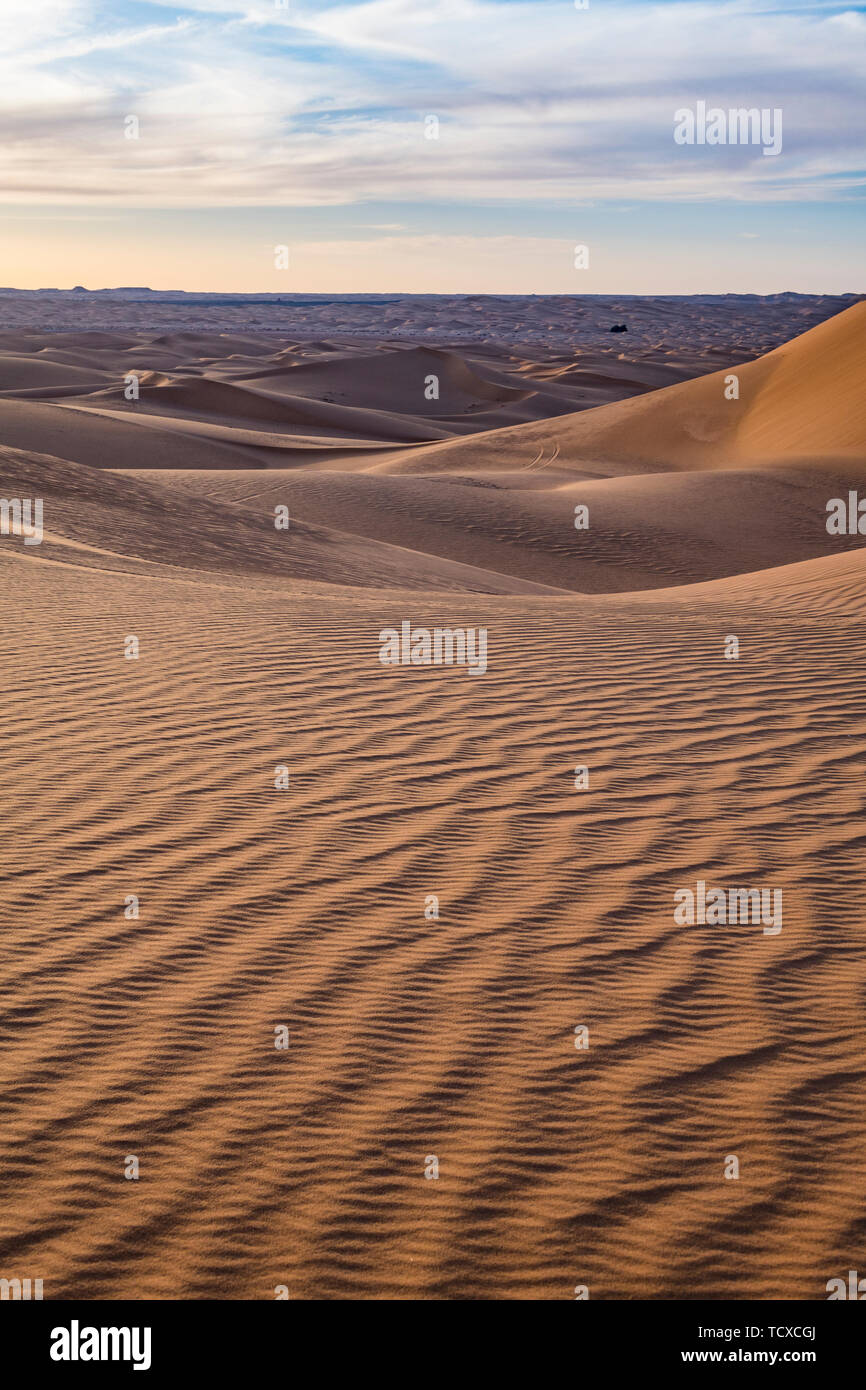

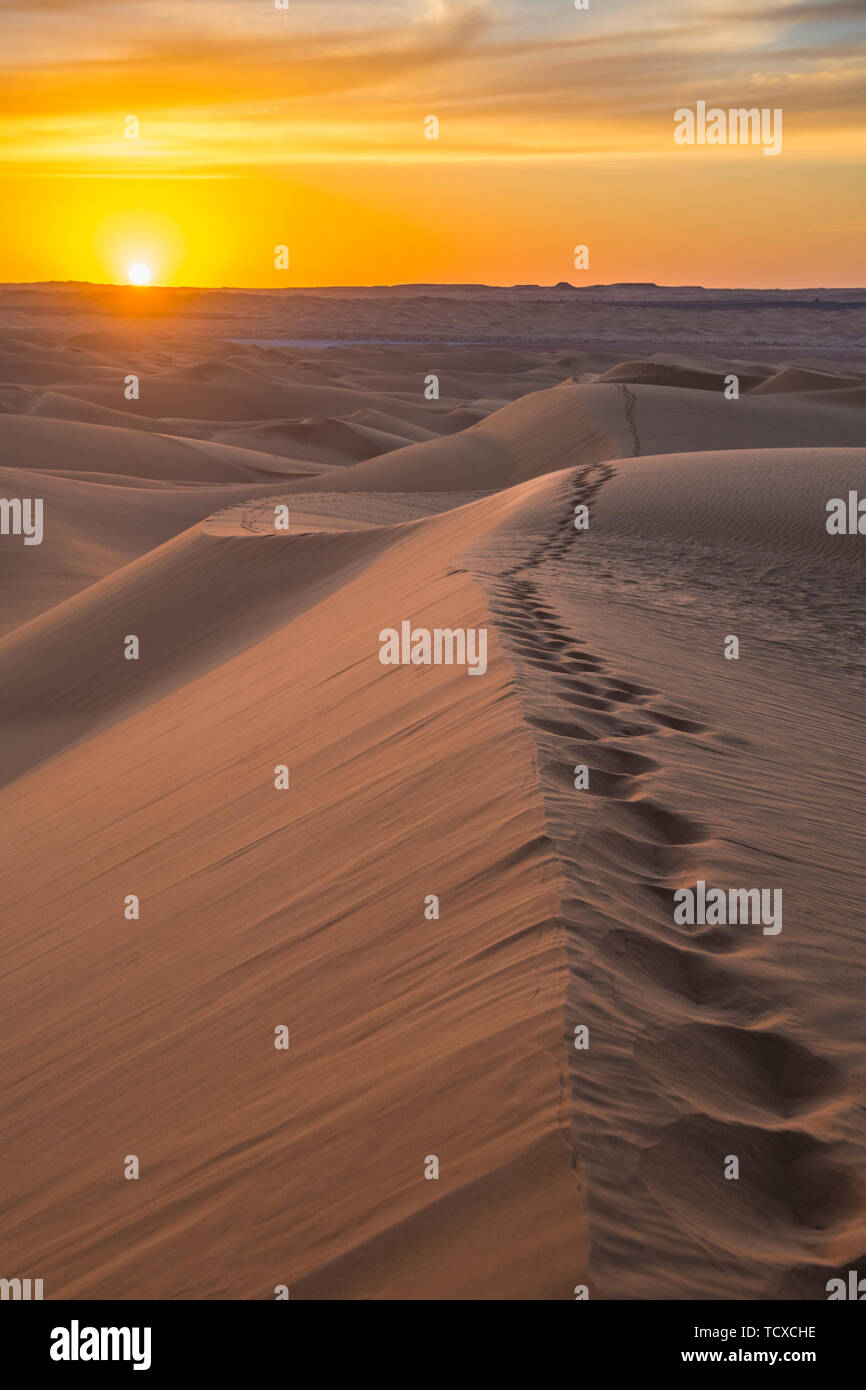
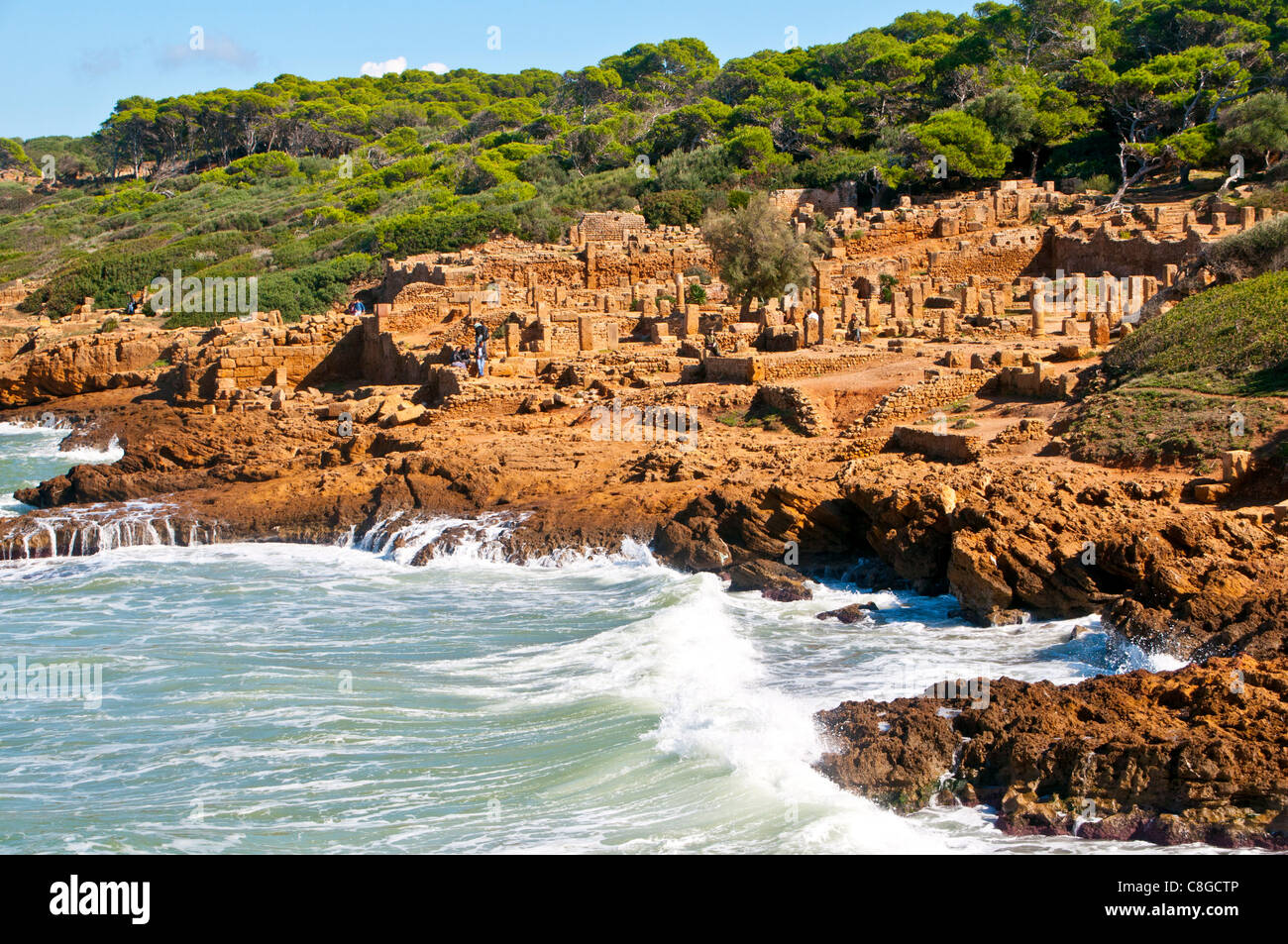


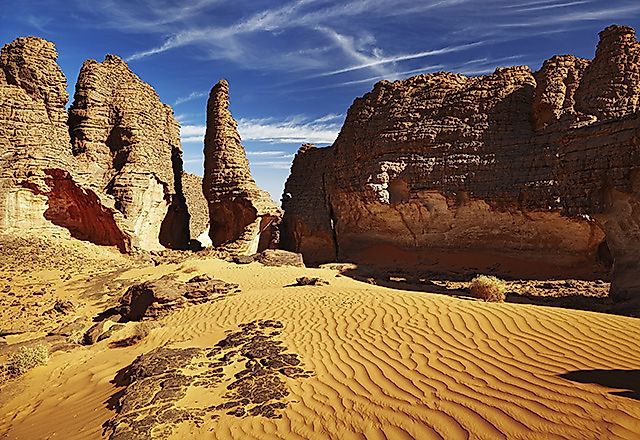
Closure
Thus, we hope this article has provided valuable insights into Algeria: A Giant on the North African Coast. We appreciate your attention to our article. See you in our next article!